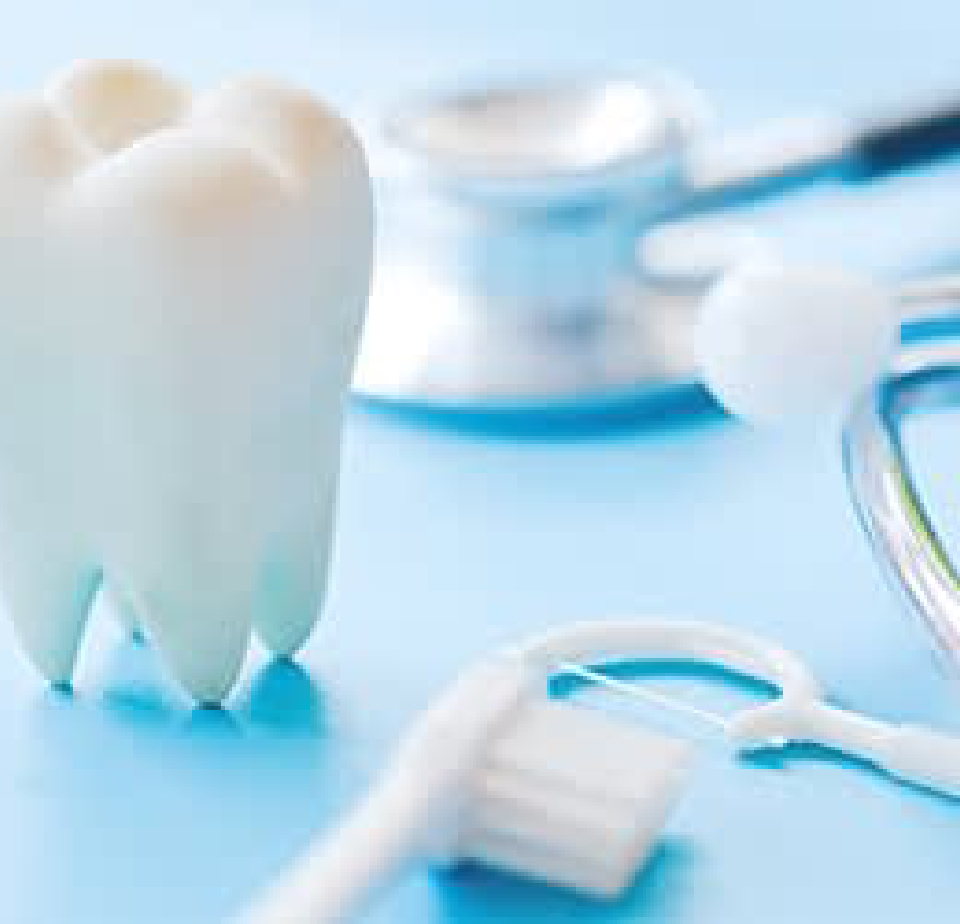WISDOM-TEETH
Wisdom Tooth Infection: Signs, Symptoms & Treatments
 Causes of Wisdom Teeth Infections
Wisdom Tooth Infection Symptoms and Signs
Wisdom Tooth Infection Treatment
Causes of Wisdom Teeth Infections
Wisdom Tooth Infection Symptoms and Signs
Wisdom Tooth Infection Treatment
Anyone who has ever suffered from a painful wisdom tooth infection will tell you it’s best to avoid this situation altogether. The pain associated with a wisdom tooth infection can be extreme and should be treated quickly to avoid further complications. In fact, having an infected wisdom tooth is a common symptom associated with impacted wisdom teeth.
Causes of Wisdom Teeth Infections
Impacted wisdom teeth occur when your third set of molars, otherwise known as wisdom teeth, don’t grow in properly or all the way. When a wisdom tooth erupts only partially, the opening can serve as a breeding ground for bacteria, resulting in a wisdom tooth infection.
Otherwise known as pericoronitis, a wisdom tooth infection is serious and can be a bit tricky to treat. That’s because when your wisdom teeth don’t come in all the way, a flap of gum will cover where the partial eruption started. Your wisdom tooth infection is unlikely to heal until this flap of gum is removed, your wisdom tooth comes in all the way, or the wisdom tooth is removed.
Wisdom Tooth Infection Symptoms and Signs
Wisdom teeth, also known as your third molars, are the last teeth to come into your mouth. This typically occurs between the ages of 17 and 25. Unfortunately, the mouth and jaw are often not large enough to accommodate these new teeth, which can lead to a series of problems. Other problems often associated with wisdom teeth eruption occur if the wisdom teeth grow in sideways, emerge only partially, or get trapped beneath the gum and bone. Any of these complications can lead to a painful wisdom tooth infection, otherwise known as pericoronitis. This occurs when bacteria and food pieces get trapped under the flap near your wisdom teeth, leading to infection.
Wisdom Tooth Infection Treatment
There are numerous ways to treat wisdom teeth infection, including a conservative approach to treatment or surgical extraction. If your wisdom teeth have come in without problems, your dental professional may choose to leave them in and watch them over time.
- The Conservative Approach: However, if you begin to experience pain caused by wisdom teeth infection, your dental professional or oral surgeon may recommend a conservative approach to treatment such as using over-the-counter pain relievers, antibiotics for the infection, mouthwashes, or saltwater rinses. Regardless of whether or not you choose surgery, you should still visit a dental professional if you think you have a wisdom tooth infection. In the meantime, you can use an ice pack to reduce swelling, rinse with saltwater, or take some over-the-counter pain relievers such as ibuprofen or aspirin. These methods can be effective for individuals with certain health problems such as a bleeding disorder who prefer not to undergo surgery. However, if your wisdom teeth infection worsens, surgery may become your best chance for relief.
- The Surgical Approach: Surgical extraction is a common method for avoiding complications such as wisdom teeth infection. Experts believe that when infected wisdom teeth cause complications. Since approximately 85 percent of all wisdom teeth need to be removed, many dentists will recommend extraction to prevent further wisdom tooth infection. If you are not a candidate for surgery, or if you prefer to avoid it, there may be other treatment options.
Sources:
- http://scienceline.org/2007/02/ask-cooper-wisdomteeth/
- http://www.mayoclinic.org/diseases-conditions/wisdom-teeth/basics/definition/con-20026676
Discover More
 Wisdom Teeth Pain: Symptoms, Causes, Remedies & Relief
Wisdom Teeth Pain: Symptoms, Causes, Remedies & Relief





